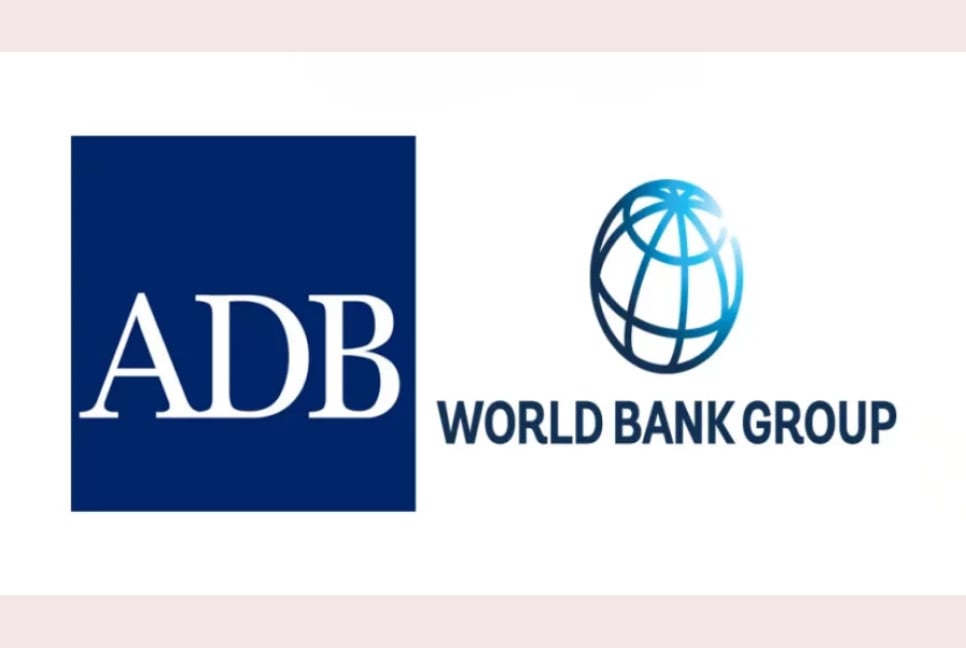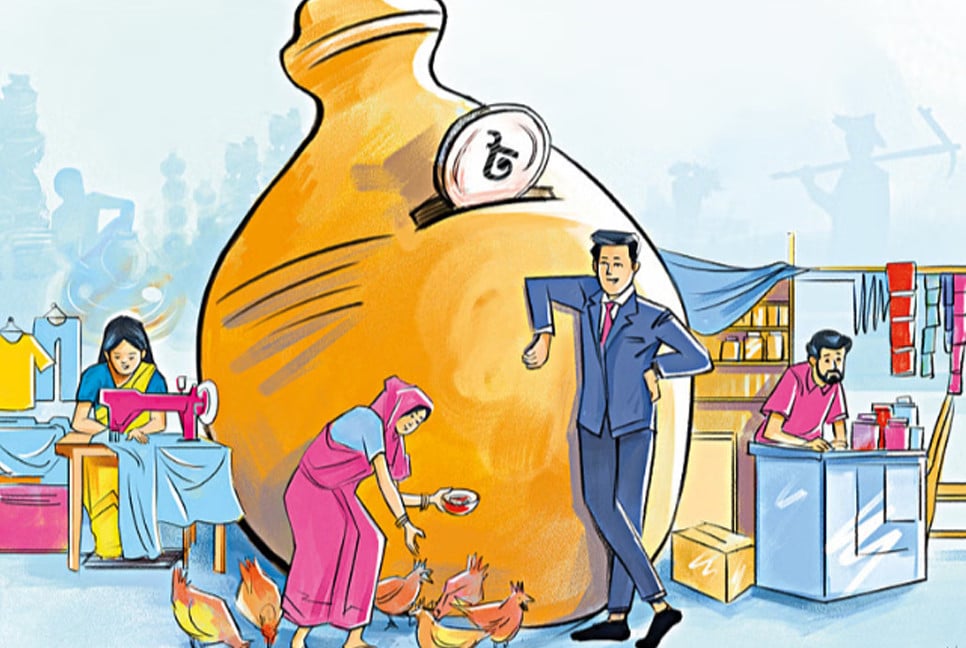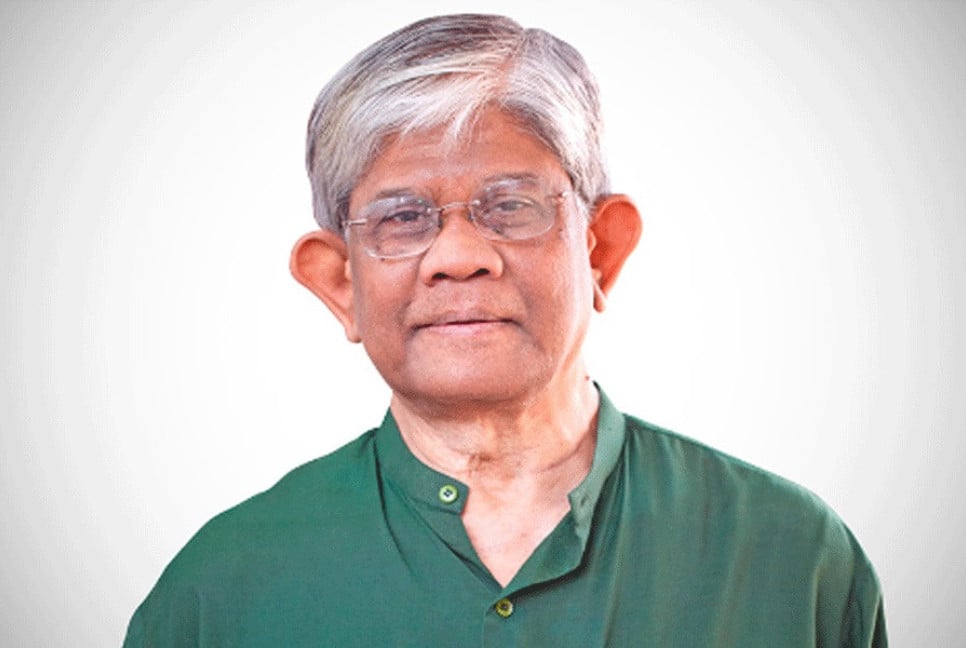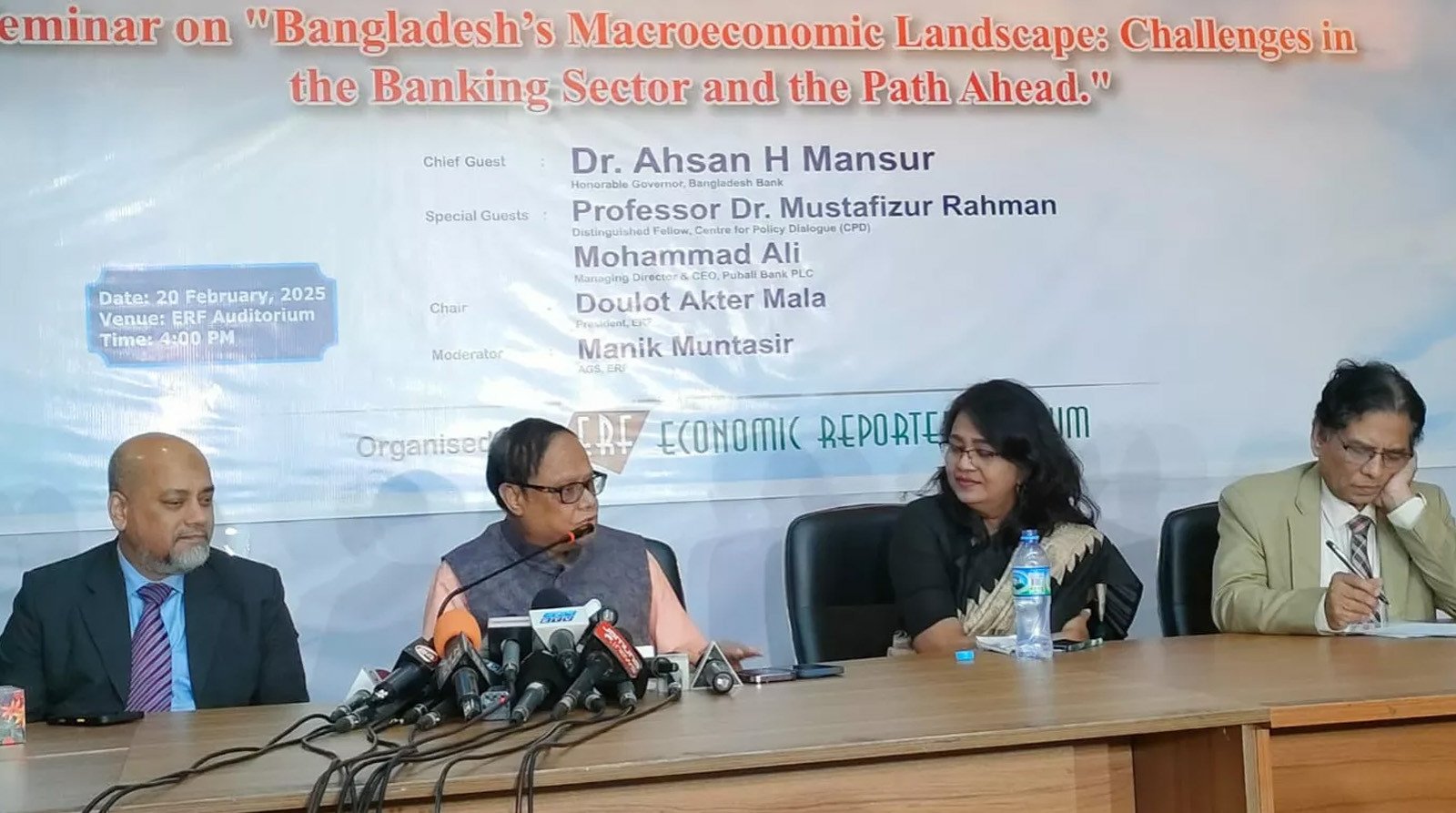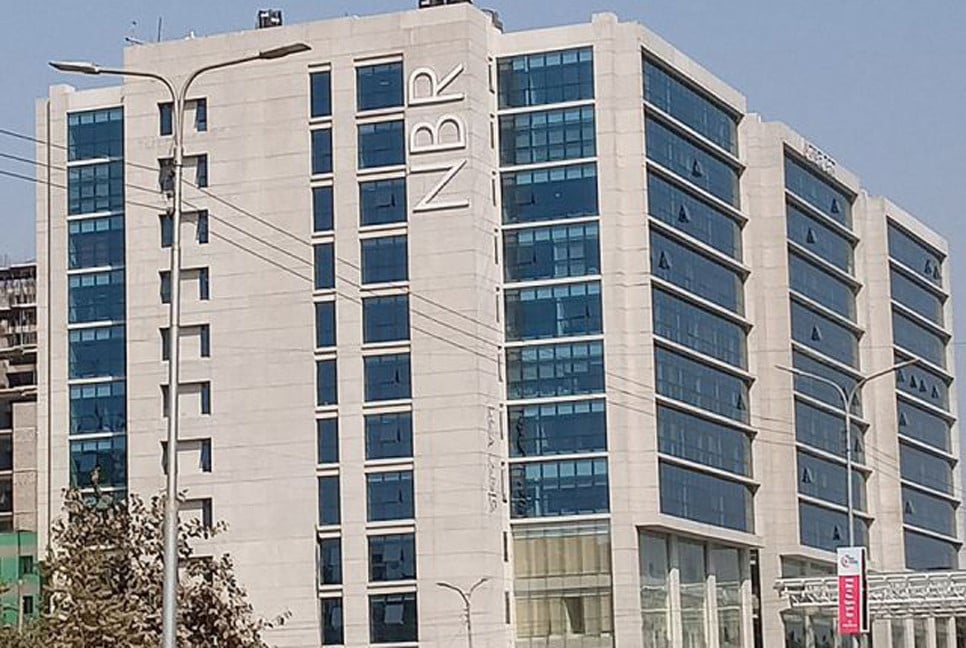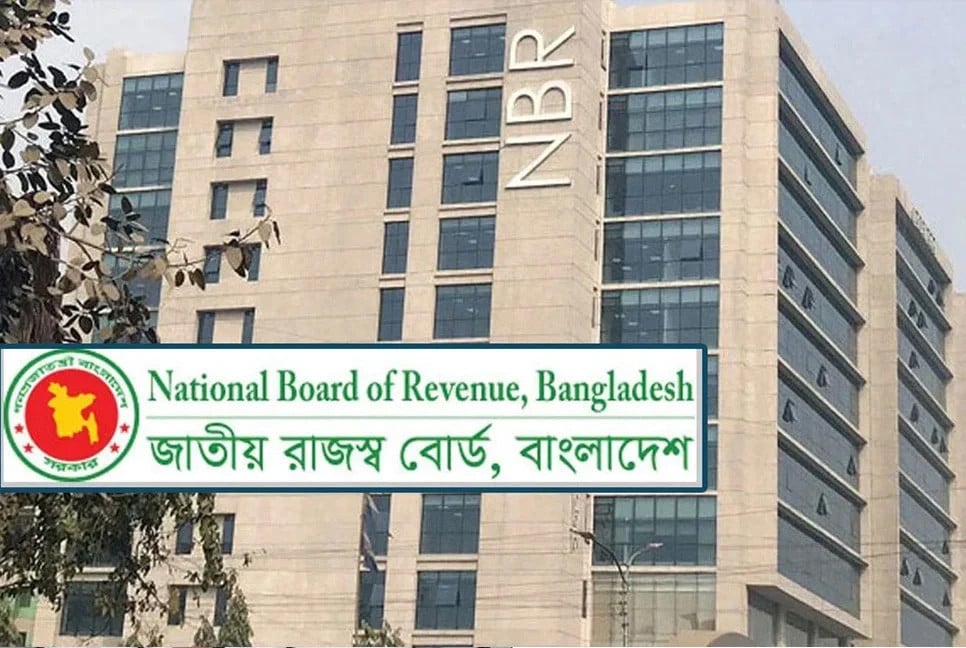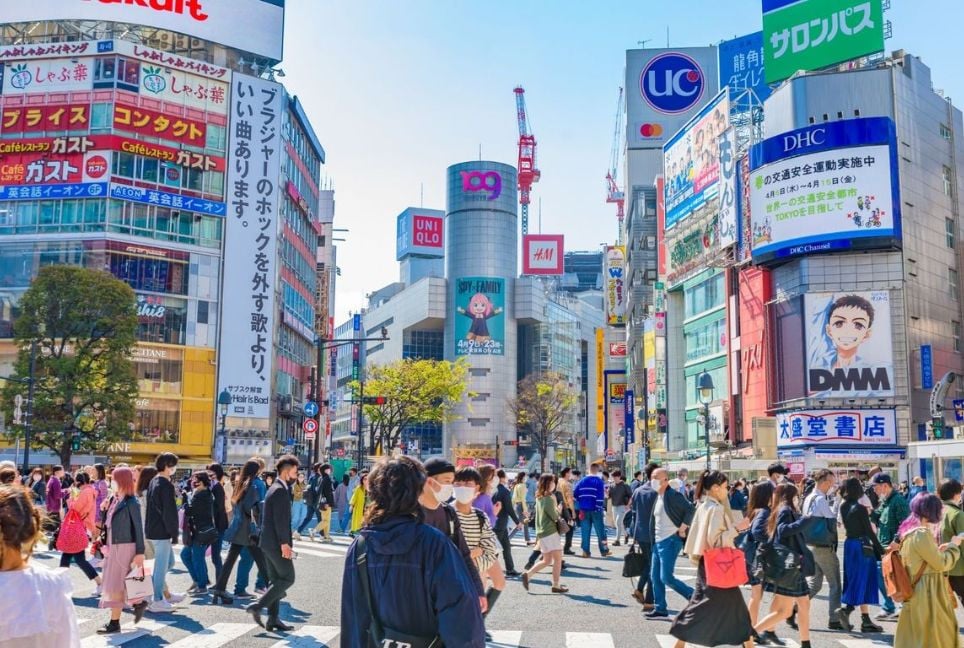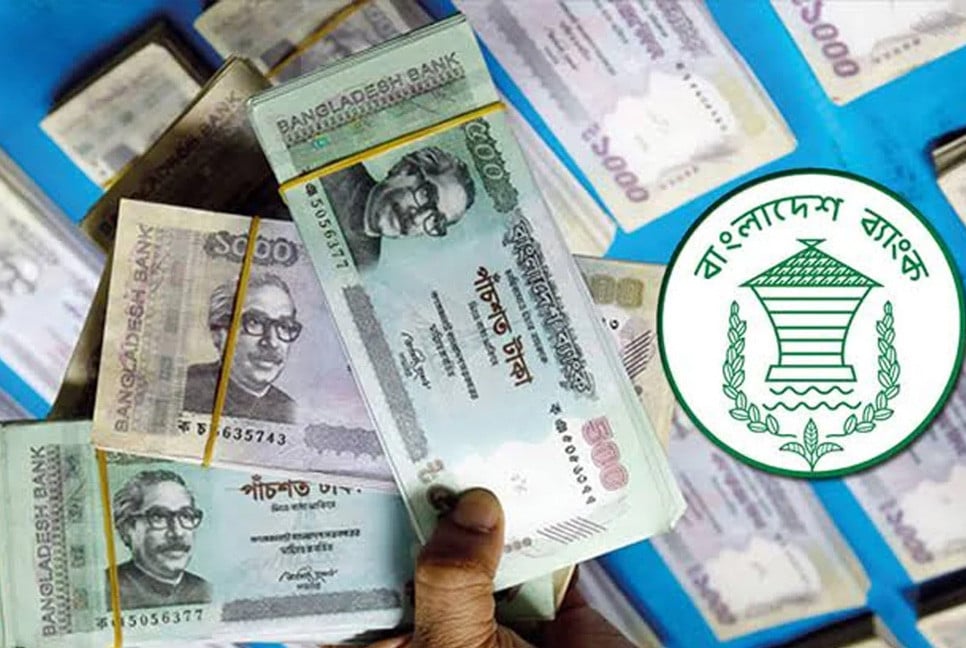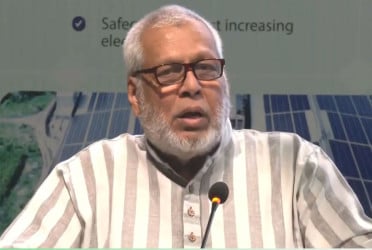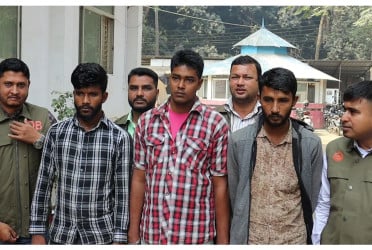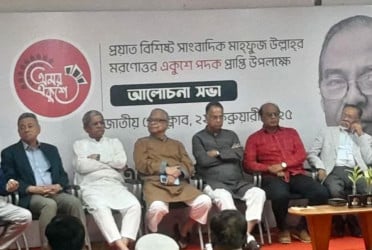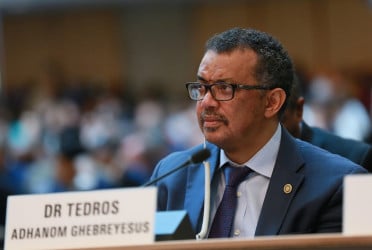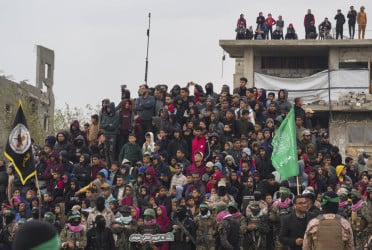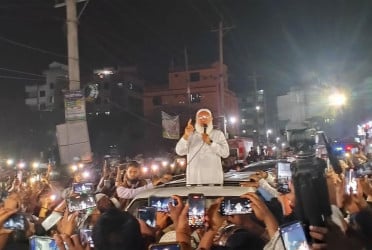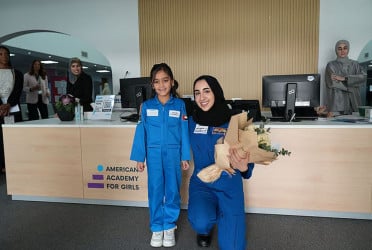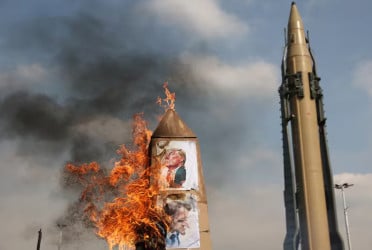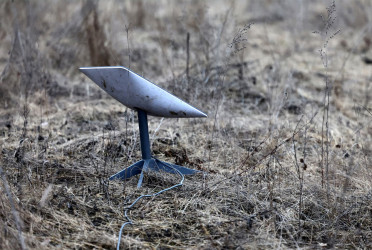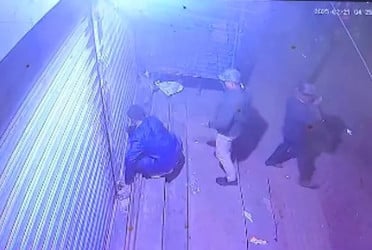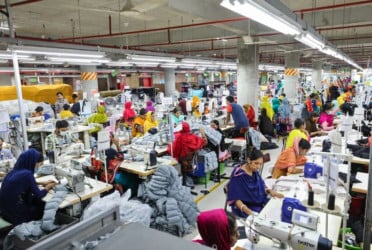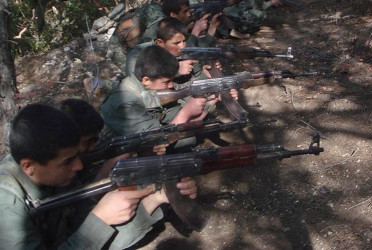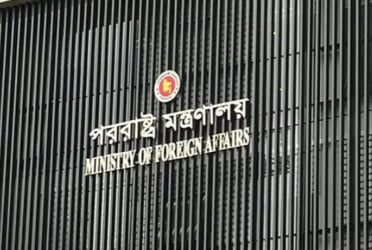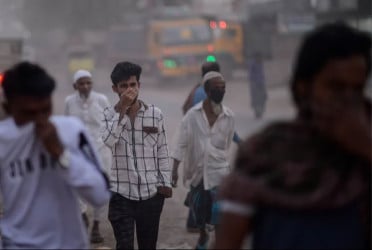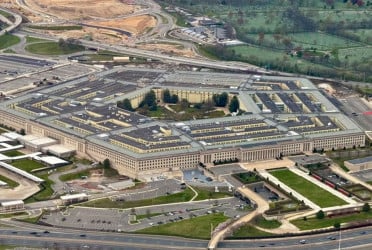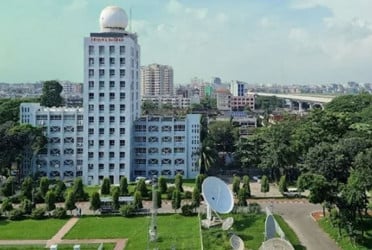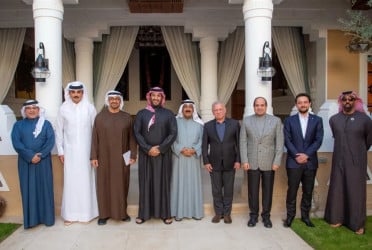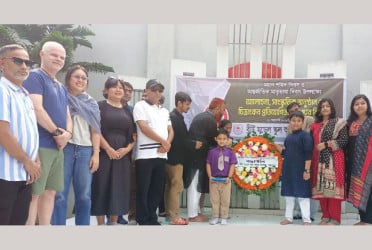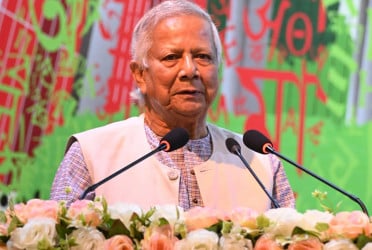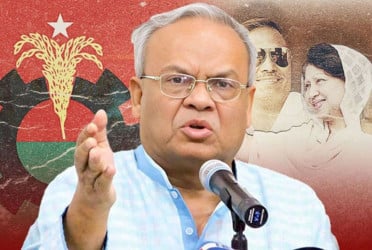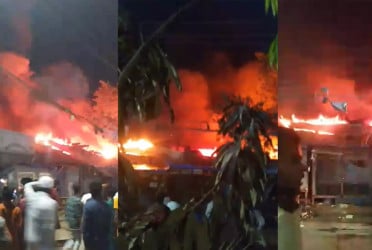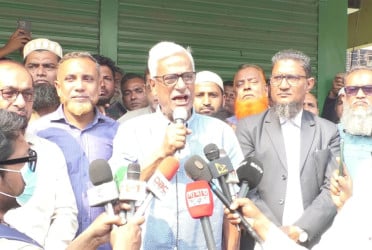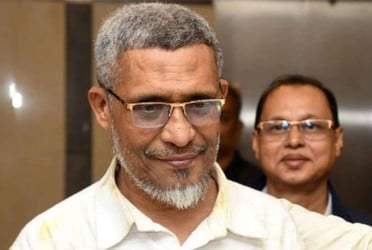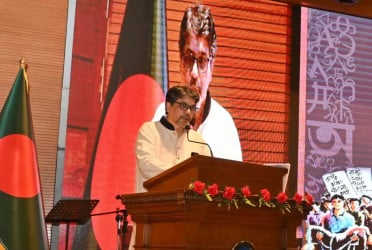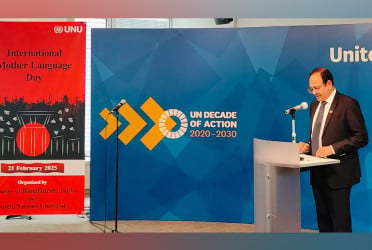An average of 16 billion dollars were illicitly siphoned off from Bangladesh every year during Sheikh Hasina led Awami League government, leaving the country in a “state of plunder” when she fled after a popular mass uprising, a White Paper on the state of the economy during her rule said on Sunday.
The committee submitted its report to Chief Adviser Prof Muhammad Yunus at his Tejgaon office, saying they were horrified by the level of corruption, plunder and statistical manipulation conducted by Hasina's regime.
Eminent economist Dr Debapriya Bhattacharya, the chair of the committee, led the delegation while submitting the report at a ceremony held at the Chief Adviser’s Tejgaon office.
On 21 August, the interim government decided to publish a white paper highlighting the current economic situation.
The areas which were focused in the white paper are public finance management – domestic resources, public expenditure (public investment, ADP, subsidies and debt), financing of budget deficit; inflation and food management – production, public procurement and public food distribution; external balance – export, import, remittances, FDI, foreign exchange reserves, foreign finance flow and debt; energy and power – demand, supply, pricing, costs and purchase agreements; private investment – access to credit, electricity, connectivity and logistics; employment – in-country and overseas, formal and informal wages, youth employment.
Chief Adviser Prof Yunus thanked the committee for doing a landmark, saying it should be published once it is finalised and be taught in textbooks in national college and university curricula.
“This is a historic document. It will show us the economy we inherited after the July-August mass uprising. The nation will benefit from this document,” said the Chief Adviser in his short speech before receiving the White Paper.
"Our blood curdles to know how they plundered the economy. The sad part is they looted the economy openly. And most of us could not summon courage to confront it," he said.
Even the multilateral agencies that monitor Bangladesh's economy were also largely silent when this plunder took place, he said.
Head of the committee, Debapriya Bhattacharya, said they worked independently without any interference from the government.
“The problem is deeper than what we have thought,” he said, adding that the 30-chapter and 400-page long White Paper will show how crony capitalism gave birth to the Oligarchs, who controlled the policy framing.
Committee member Mustafizur Rahman said they examined seven large projects out of 29 projects with over Tk10,000 crore expenditure outlay for each. The total expenses on 29 large projects were $87 billion, or Tk7,80,000 crore.
The estimated initial cost of the seven projects examined was Tk1,14,000 crore. The project costs were later revised to Tk1,95,000 crore by adding many components, showing an inflated land price, and manipulating the purchase.
The project costs were raised almost 70% without analysing the cost benefit, he said.
He also suggested the start of special prosecution to try people who were involved in money laundering.
Committee member Prof AK Enamul Haque said in the last 15 years over Tk7,00,000 crore was spent on the Annual Development Programme (ADP), and 40% of the money was plundered by bureaucrats.
Committee member Mohammad Abu Eusuf revealed that the amount of tax exemption during the past regime was six percent of the total GDP of the country.
If it could be reduced to half, the education budget could be doubled and the health budget could be tripled, he said.
M Tamim, another member of the committee, said $30 billion was invested on power generation, and if the kickback was considered 10%, the amount would be at least $3 billion.
Finance Adviser Salehuddin Ahmed, Bangladesh Bank Governor Ahsan H Mansur, Principal Secretary Sirajuddin Sathi and Senior Secretary Lamiya Morshed were also present.
The report titled “Dissection of a Development Narrative” is expected to be made available for the public soon.
Bd-pratidin English/Tanvir Raihan



